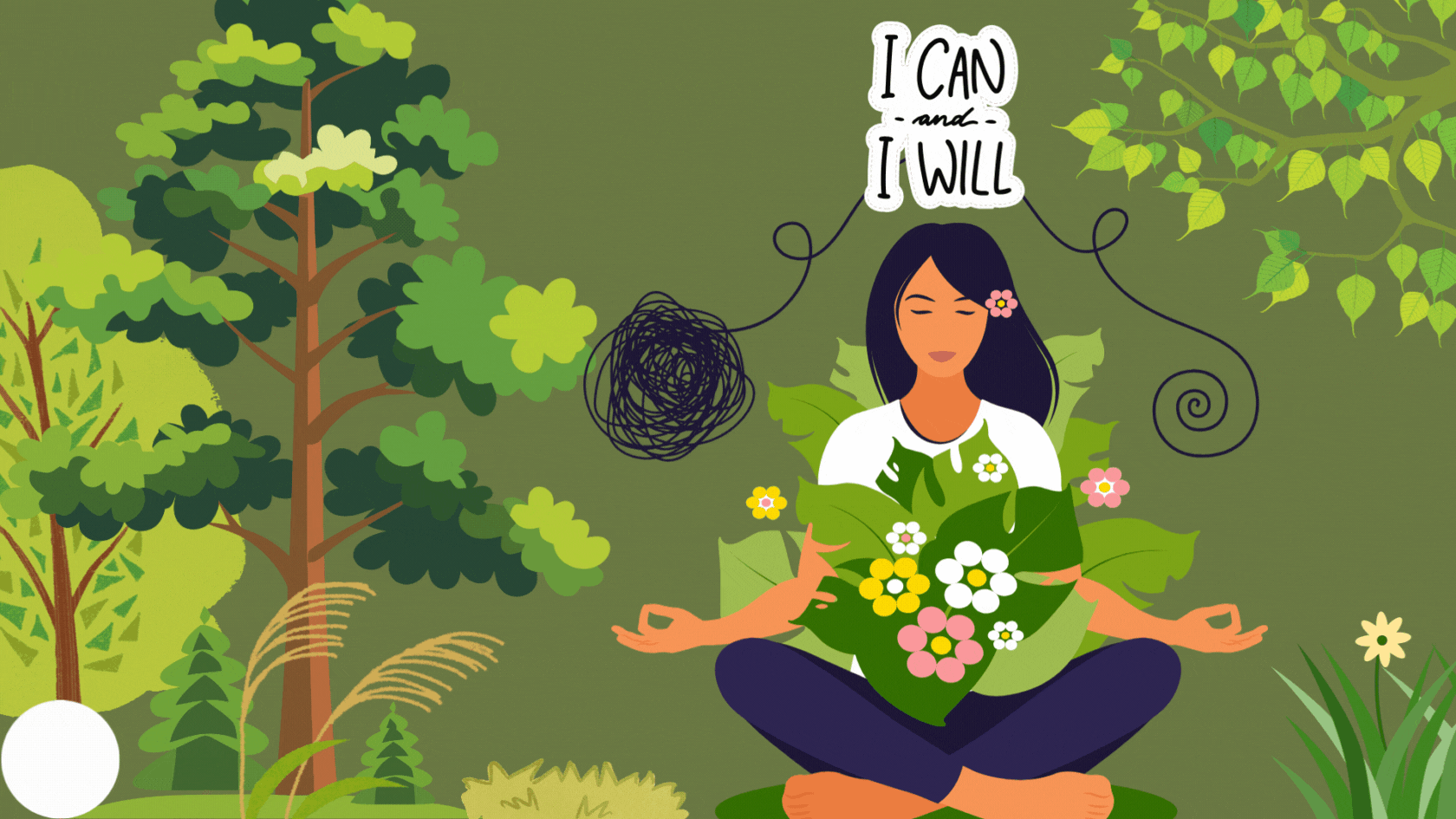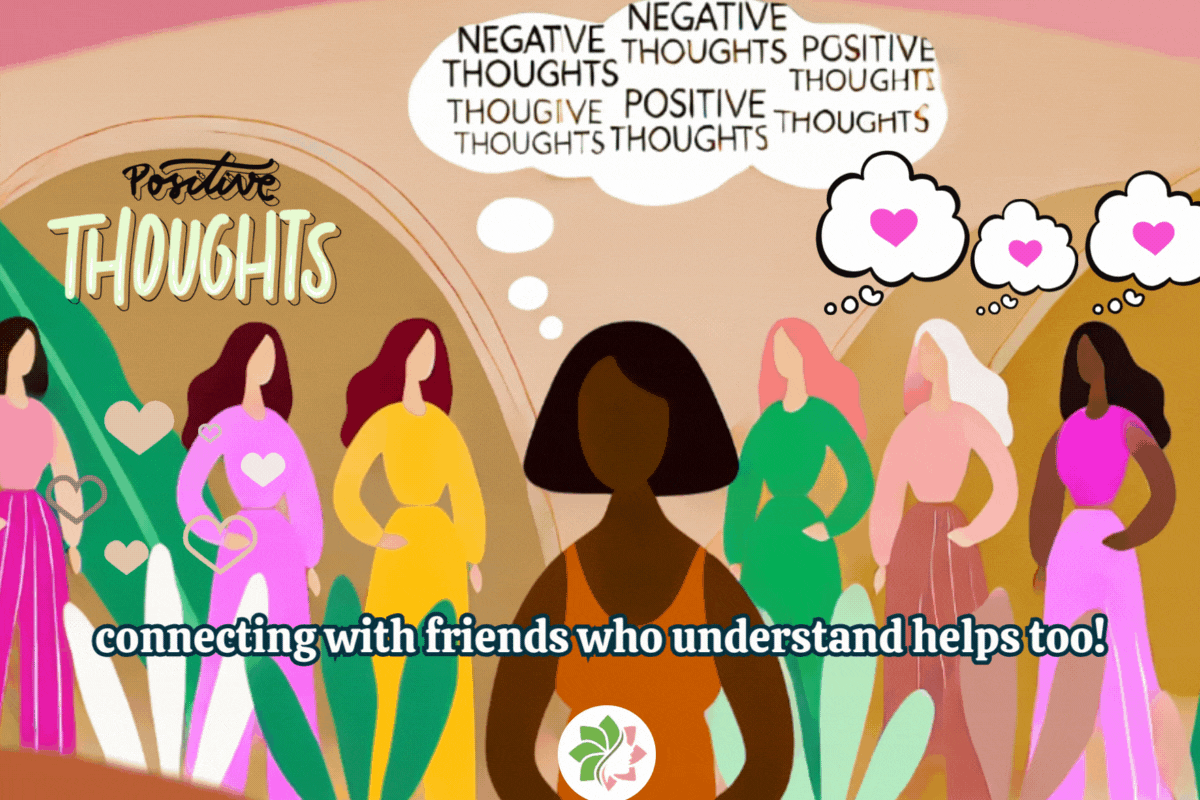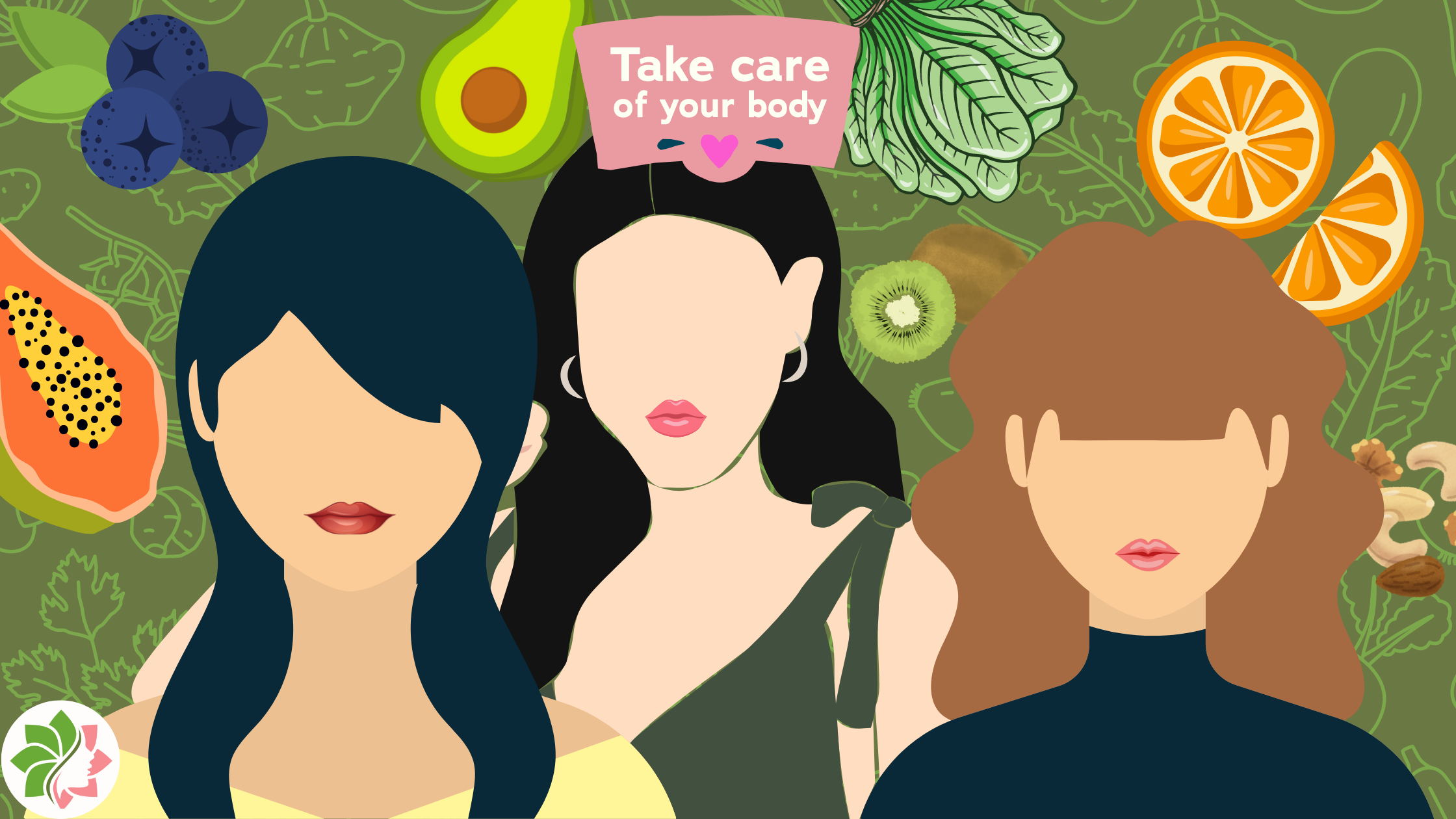Trichotillomania
(TTM), characterized by the compulsive urge to pull out one’s hair, can be
frustrating. However, more and more people are discovering that combining
traditional therapeutic methods with mind-body practices offers a comprehensive
approach to better managing this condition. These practices help reduce stress
and promote emotional regulation, both of which are key in controlling hair-pulling
urges.
Let's explore
how mind-body techniques can help you heal from the inside out!
Mindfulness Meditation
Mindfulness
meditation is a well-researched practice that encourages present-moment
awareness. With TTM, mindfulness can be particularly helpful in recognizing
triggers and stopping compulsive behaviors before they occur. Mindfulness-based
therapies, such as acceptance and commitment therapy (ACT), have shown promise
in reducing TTM symptoms by promoting emotional regulation and improving
awareness of internal cues.
Yoga
Yoga integrates physical postures with mindfulness and controlled breathing, promoting both physical and mental relaxation. Yoga can help manage anxiety and stress, which are often linked to TTM. Regular yoga practice may also improve emotional regulation, making it easier to resist hair-pulling during stressful moments.

Progressive Muscle Relaxation (PMR)
PMR is another effective tool for individuals with TTM. This technique involves tensing and then relaxing different muscle groups, helping to release physical tension that often precedes hair-pulling episodes. PMR can significantly reduce stress and anxiety, making it easier to control pulling urges.
Breathwork (Pranayama)
Breathwork, particularly Pranayama, focuses on controlled breathing to calm the nervous system. Breathwork can alleviate anxiety and stress, which are major triggers for TTM. By learning to regulate breath, individuals can reduce emotional tension and lower the likelihood of compulsive behaviors.
Tai Chi/Qigong
These ancient Chinese practices incorporate slow, deliberate movements with focused breathing. Tai Chi and Qigong have been studied for their ability to reduce stress and improve emotional balance. These practices promote relaxation and can help individuals manage compulsive behaviors by improving self-regulation and body awareness.

Guided Imagery and Visualization
Guided imagery involves visualizing peaceful and relaxing scenes to reduce anxiety and emotional tension. This practice can lower stress, a key factor in TTM, and has been used as an adjunct to other therapeutic approaches. Visualizing positive outcomes helps individuals manage triggers and build confidence in their ability to resist pulling.
Body Scan Meditation
Body scan meditation is a form of mindfulness where individuals focus on different parts of their body and notice sensations without judgment. This practice helps increase awareness of physical sensations that often accompany emotional stress, allowing individuals to intervene before the urge to pull becomes overwhelming. Practicing body scans regularly helps build self-awareness and improves emotional regulation.
Biofeedback
Biofeedback uses technology to help individuals become more aware of their physiological responses, such as heart rate and muscle tension. This technique has been used to manage stress and anxiety, both of which are closely linked to TTM. By learning to control these physiological responses, individuals can better manage their compulsive behaviors.
Acupuncture
Acupuncture, which is believed to help balance the body’s energy flow, has been explored as a complementary treatment for TTM. Some studies suggest that acupuncture can reduce stress and emotional tension, contributing to the management of compulsive hair-pulling. While acupuncture may not be a standalone treatment, it offers additional support when combined with other interventions.
Your Thoughts & Actions Can Heal
Many individuals with trichotillomania benefit from combining traditional therapeutic approaches with mind-body practices. These complementary techniques address both the emotional and physical components of the condition, helping to reduce stress and manage flare-ups.

About HFHP
At Healing from Hair Pulling, we understand what it’s like to live with trichotillomania. Our health education programs and personalized action plans are designed specifically for individuals like you. Many of our team members have TTM, too, so we understand the challenges firsthand. Our guides will help you better understand your body and teach you simple strategies to manage triggers, rebuild confidence, and start healing.
Girl, It’s Time to UnTrick Yourself™
Looking for
support? UnTrick Yourself™, our peer-led, evidence-based program, is here for
you. Through personalized action plans, a supportive community, and expert
insights, we’ll guide you through lifestyle changes that reduce flare-ups and
help you take control of your life. You deserve to feel empowered and supported
every step of the way.
Join us at healingfromhairpulling.com
and take the first step on your journey toward healing. Together, let’s find
what works best for you!
References
Grant, J. E.,
Stein, D. J., Woods, D. W., & Keuthen, N. J. (2018). Trichotillomania and
related disorders: Advances in research and clinical management. ScienceDirect.
https://www.sciencedirect.com/topics/neuroscience/trichotillomania
Keuthen, N.
J., Tung, E. S., & Altenburger, E. M. (2018). Mindfulness and
acceptance-based therapy for trichotillomania and other body-focused repetitive
behaviors. Clinical Psychology Review, 59(2), 1-10. https://doi.org/10.1016/j.cpr.2017.10.003
Lee, S. H.,
& Ham, C. (2018). Integrating mind-body practices in the treatment of
compulsive behaviors. Journal of Behavioral Health, 12(3), 234-240. https://www.sciencedirect.com/science/article/abs/pii/S0738081X18301846
O'Sullivan, R.
L. (2021). Psychological interventions in trichotillomania (hair-pulling
disorder): A review of research and clinical applications. Clinical Dermatology
Research and Reviews, 41(2), 145-154. https://journals.lww.com/cddr/fulltext/2023/07040/psychological_interventions_in.5.aspx
Williams, M.
T., & Flessner, C. A. (2018). A randomized controlled trial of habit
reversal therapy for trichotillomania. ProQuest Dissertations and Theses
Global, 1(1), 12-34. https://www.proquest.com/openview/b89024a0d9784ea0c278e00eed7a270d








